How many of those “Vote Yes” or “Vote No” signs have you seen recently? You might have seen advertisements or yard signs about Proposition 1, or Prop 1 for short. The vote on Prop 1 will change the way primary and general elections work in Idaho. Currently, Idaho uses a “semi-closed primary” system which means you can only vote in a primary election if you’re a registered member of the party holding the primary or you’re unaffiliated with a political party. This is the opposite of an open primary where voters can vote in any party’s primary regardless of what party they’re a member of. Prop 1 proposes opening all primaries in Idaho, meaning any registered voter can vote in any party’s primary regardless of party affiliation. Alongside opening primaries, Prop 1 aims to enact a ranked-choice voting system into statewide elections across Idaho.
Understanding primary elections is important for grasping Proposition 1. Primaries are held so political parties can choose their candidates for the general election, which can be for positions like Governor, Senator, or President. In Idaho, we have a semi-closed primary system, meaning only registered party members and some unaffiliated voters can participate. The results of these primaries determine which candidates appear on the ballot, and ranked-choice voting, as proposed in Prop 1, will change how votes are cast in the general election, allowing for a broader expression of voter preferences.
Many supporters of Prop 1 are concerned about the eligibility of primary voting for unaffiliated voters. In Idaho, there are over 300,000 registered voters who are not members of a political party. Unaffiliated voters can vote in both the Republican and Democratic primary elections, but can only vote in one of the party’s primaries if they fill out a form. Prop 1 proposes to combine every party’s primary election into one. The top four candidates in the open primary with the most votes would advance to the general election, regardless of their political party. This gives voters variety in which candidate to vote for.
Ranked-choice voting, specifically the instant runoff method, allows voters to rank candidates on the ballot. When polls close, if a candidate receives more than 50% of the first-choice votes, they win. If no one achieves this, the candidate with the fewest votes is eliminated, and their votes are redistributed to the remaining candidates based on the voters’ next choices. This process continues until a candidate surpasses the 50% threshold. This system gives third-party candidates, like those from the Libertarian and Constitution parties, a better chance to compete in elections by letting voters express their true preferences without fear of wasting their votes.
Ranked-choice voting is uncommon throughout the country. Alaska, Maine, and Hawaii are the only states in the US that have statewide ranked-choice voting. Idaho is currently among a group of states in the US that have banned ranked-choice voting, the ban going into effect in 2023. Prop 1 is proposing to change this and enact ranked-choice voting into general elections, including races for Governor, Senator, or Representative. Those who oppose Prop 1 argue that ranked-choice voting confuses voters and believes in keeping the “first past the post” voting system where it is very strictly one person per vote. “One Person Per Vote” has become a slogan alongside others for those who are against Prop 1.

A campaign sign urging Idaho voters to oppose Proposition 1. The sign refers to the influx of Californians into Idaho. Despite the comparison to elections in California, ranked-choice voting is only seen in a small amount of cities in California; drawing ridicule from Prop 1 supporters.
The election for Prop 1 is one of the most heated elections in Idaho’s recent history. While most Democrats in Idaho support Prop 1, Republican politicians have been divided over the issue. Former Idaho Governor Butch Otter has voiced support for Prop 1 while current Governor Brad Little has publicly said he will not support ranked-choice voting. Republicans in the Idaho state legislature have warned they will block the vote for Prop 1 in the legislature if it passes the public vote. Such moves have been made in the past by other state governments and have proved controversial. For example, in 2018, a ballot proposal in Utah to legalize cannabis for medical purposes was passed by the voters but was overrode in the Utah state legislature.
This election is likely to see massive turnout as the Presidential race and many other elections are proving extremely close according to polls. Use this link to find your polling place on Election Day, Tuesday, November 5th.
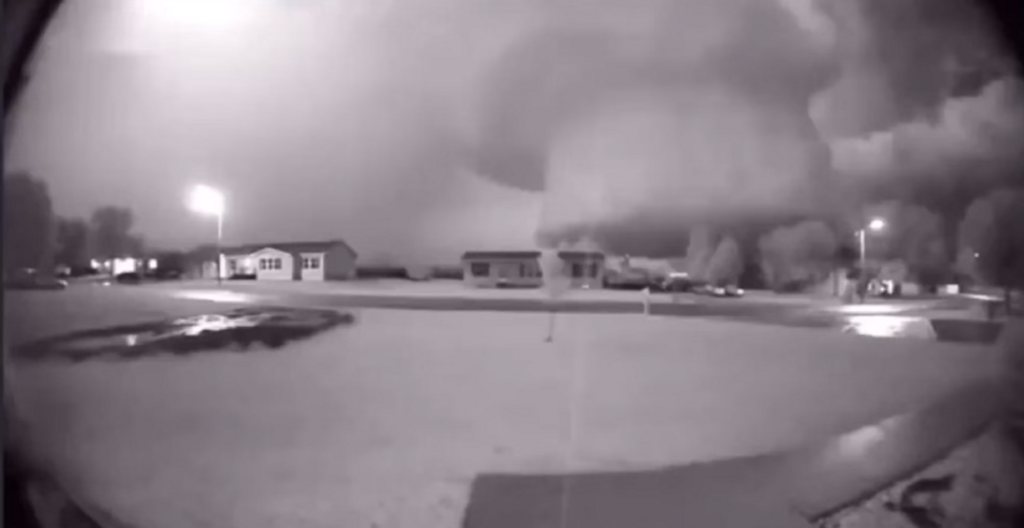

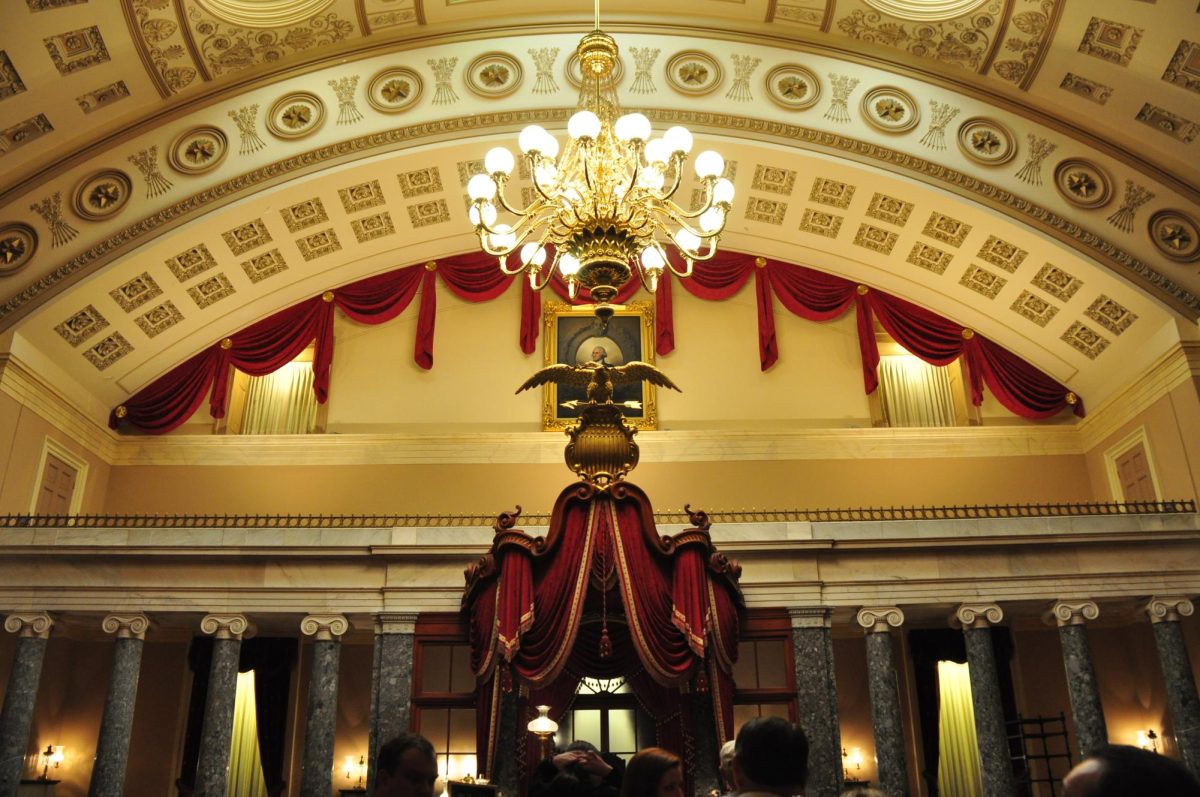
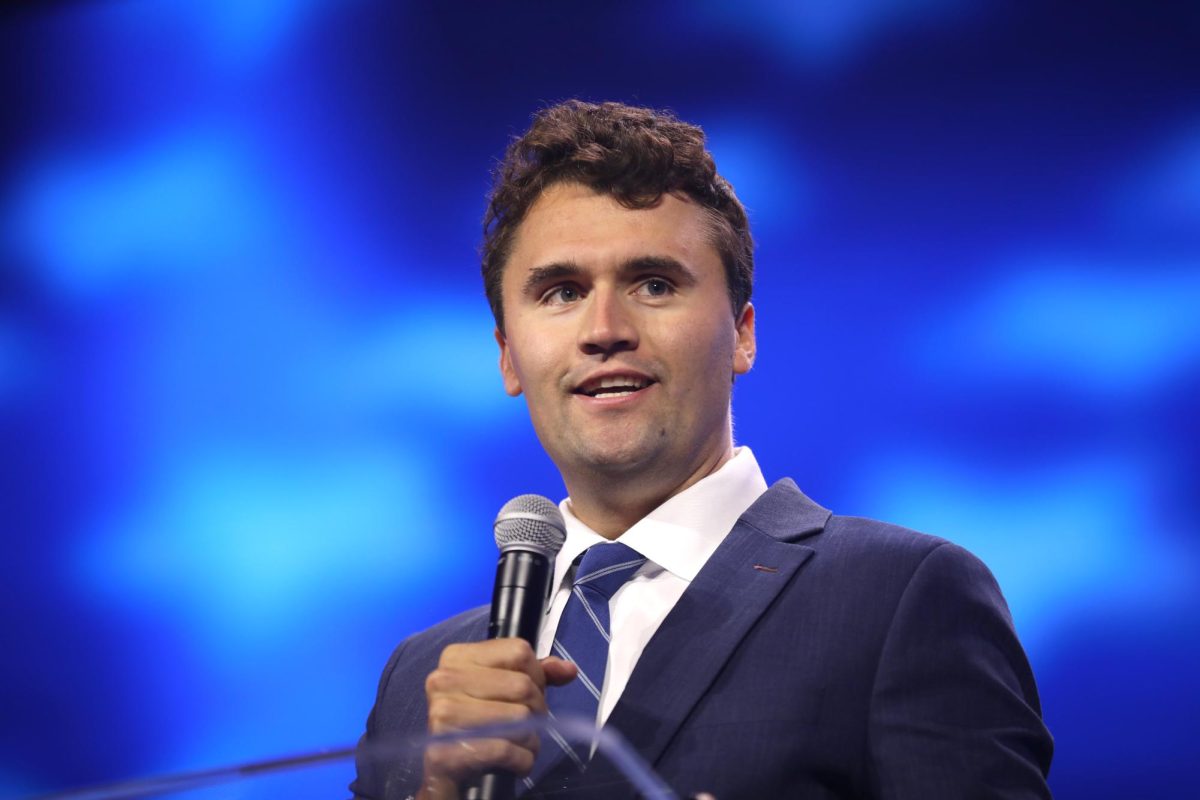
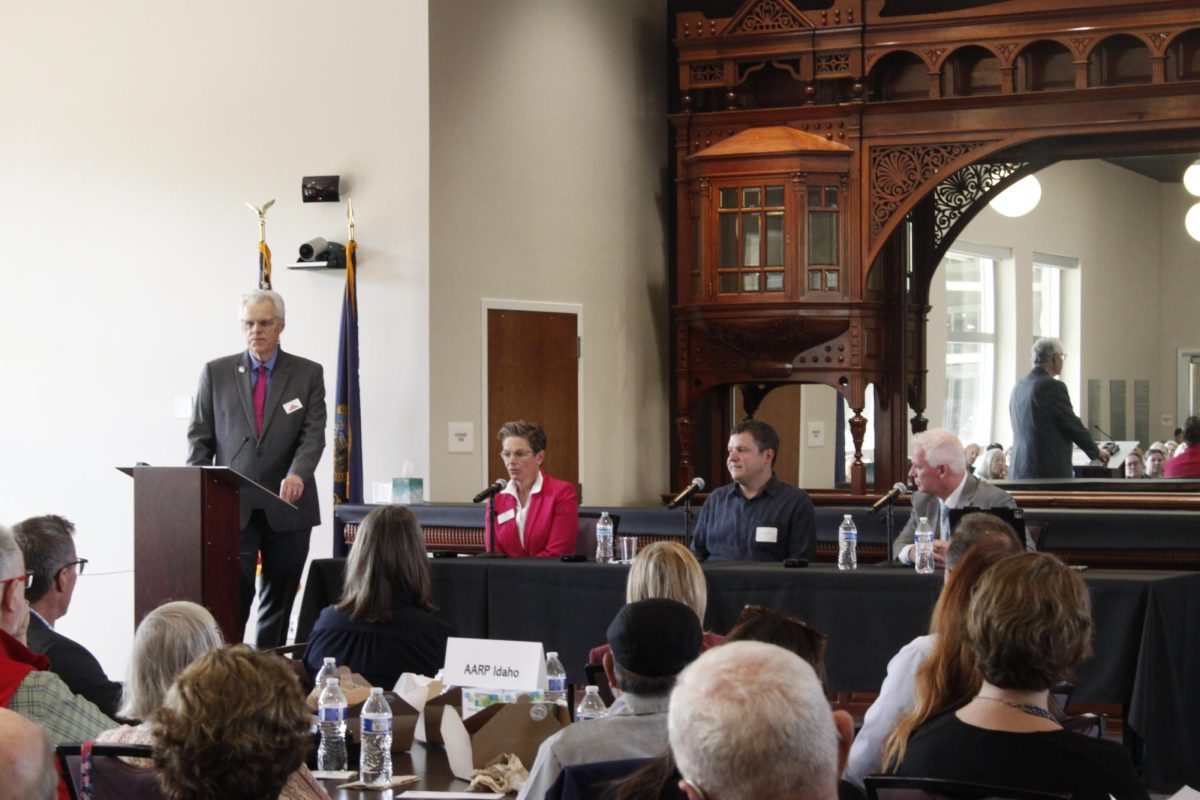


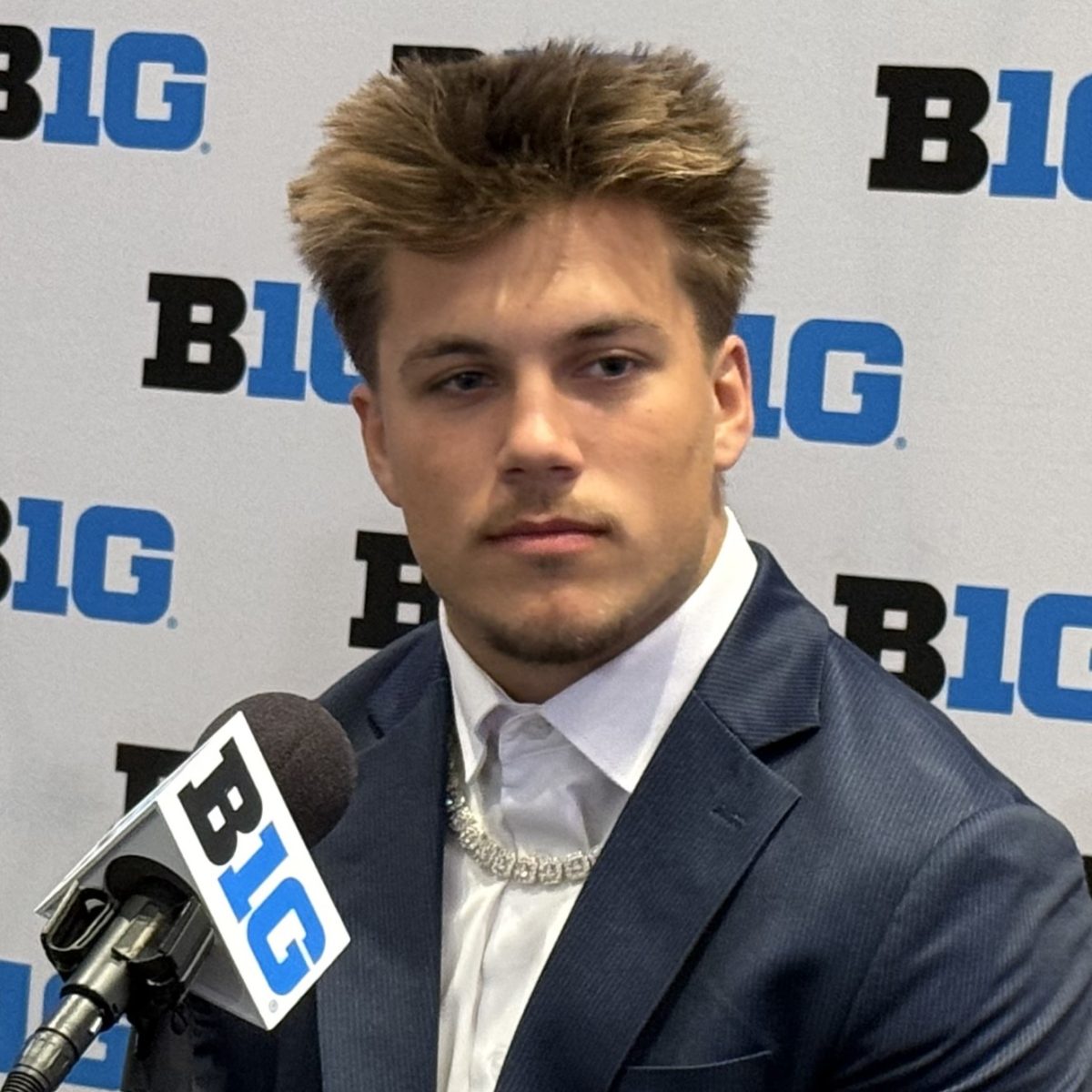
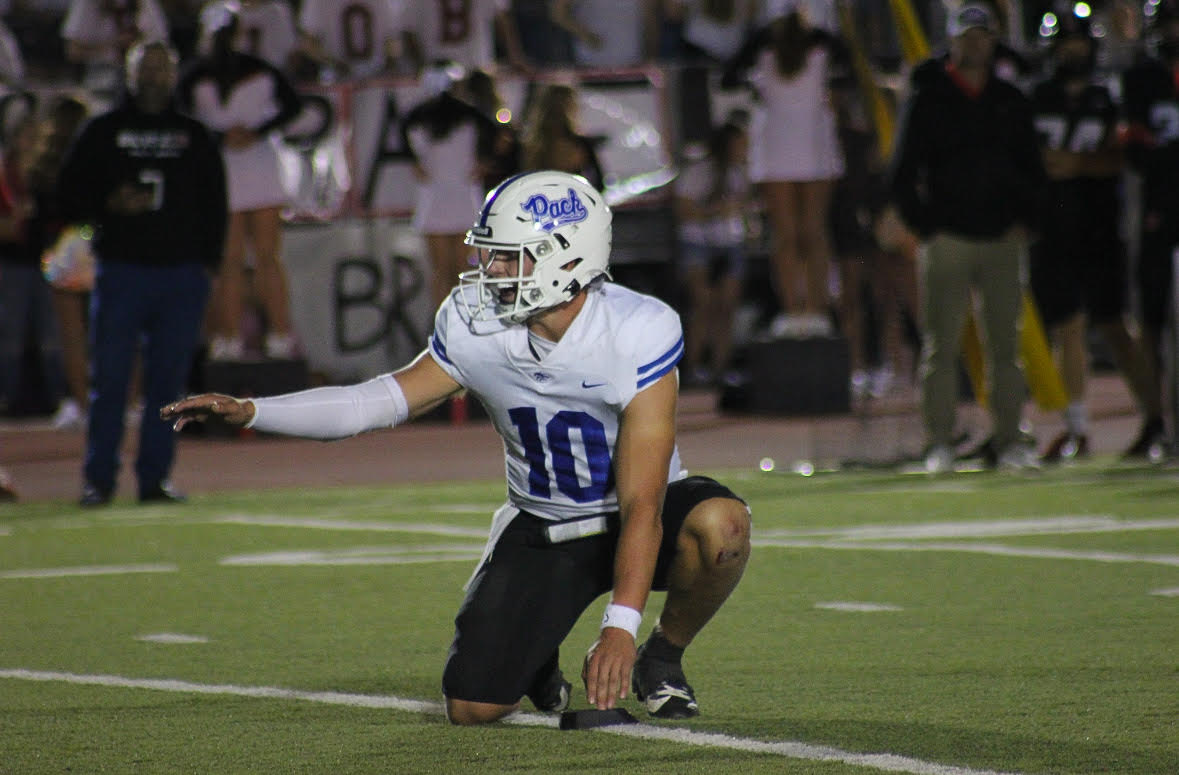

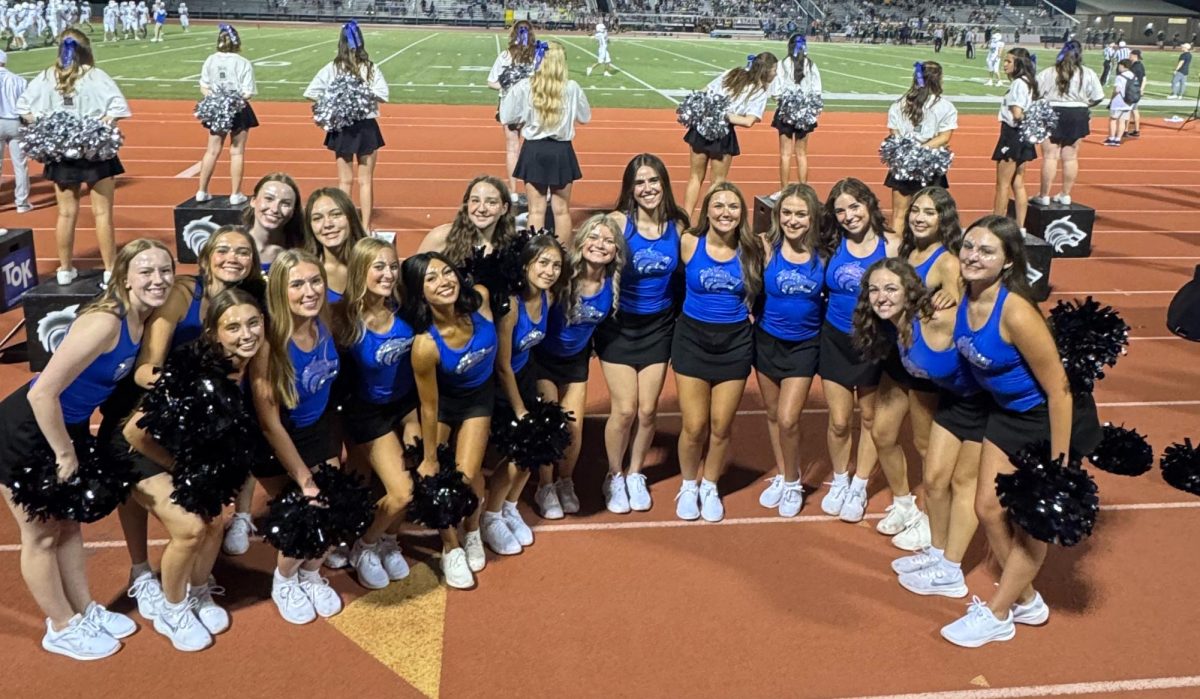


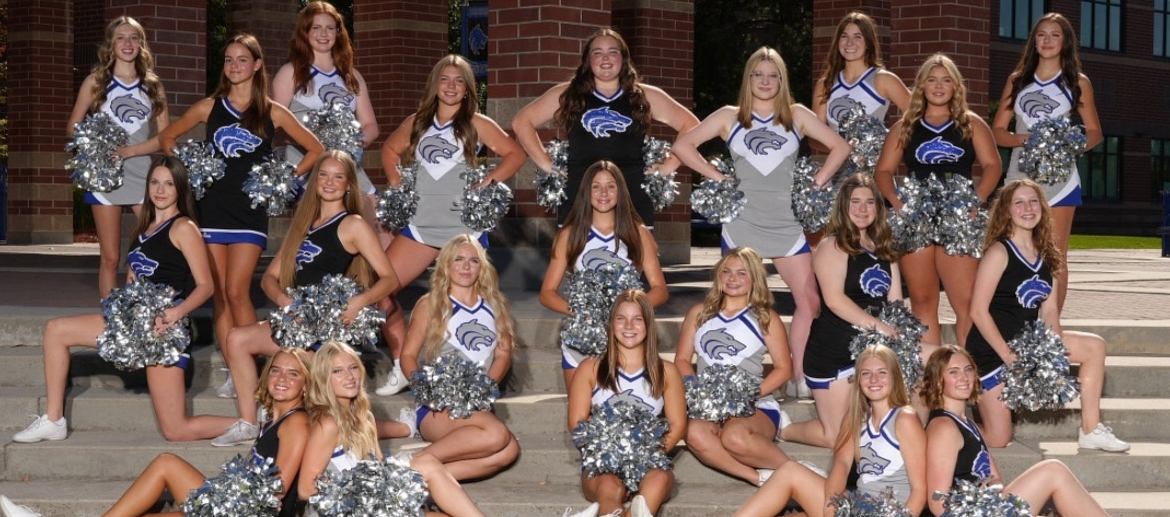
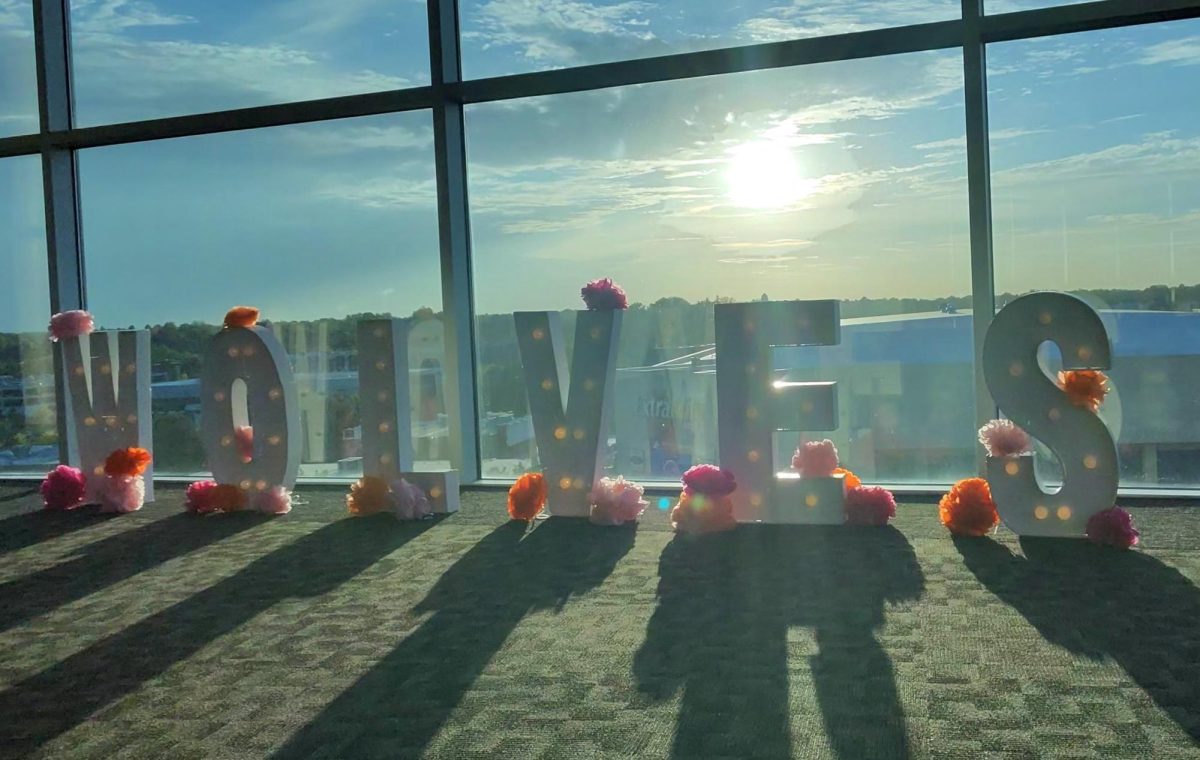
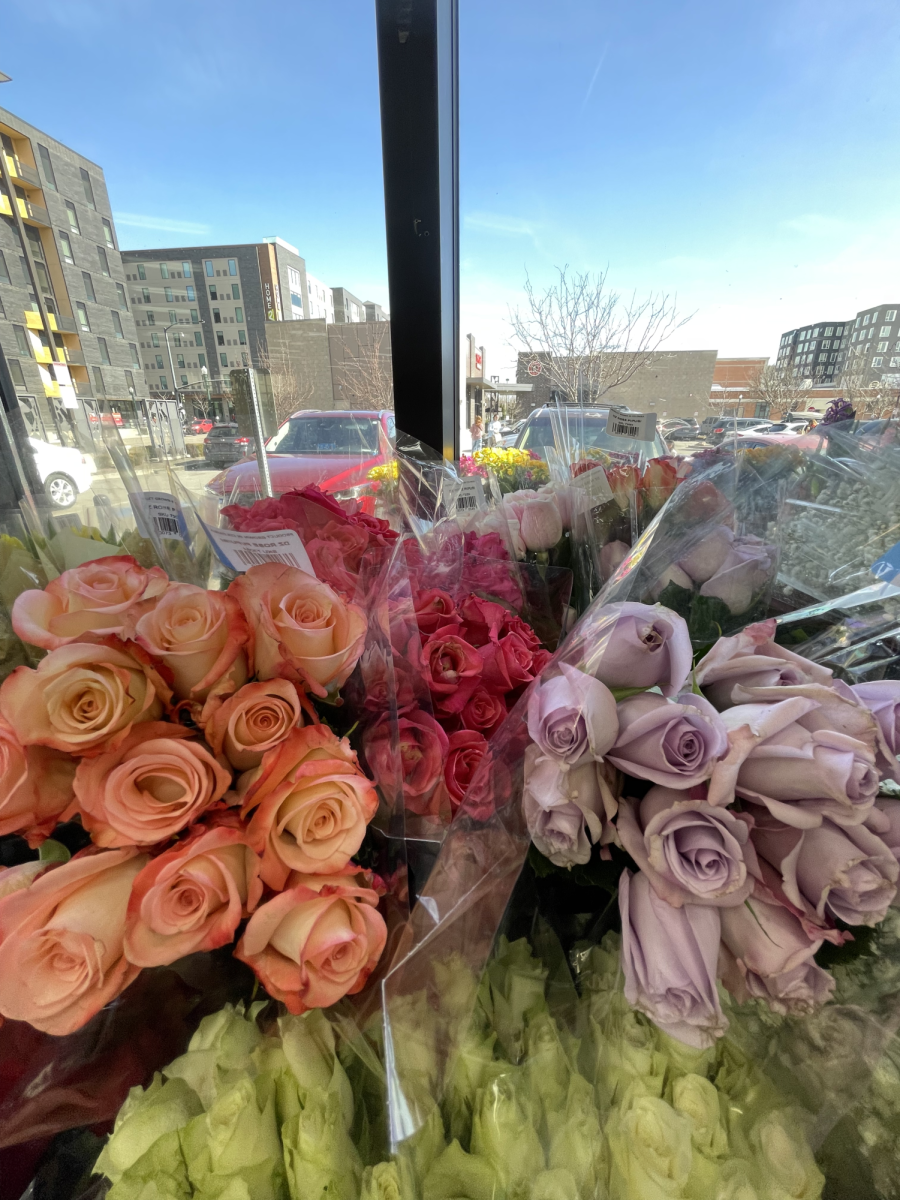

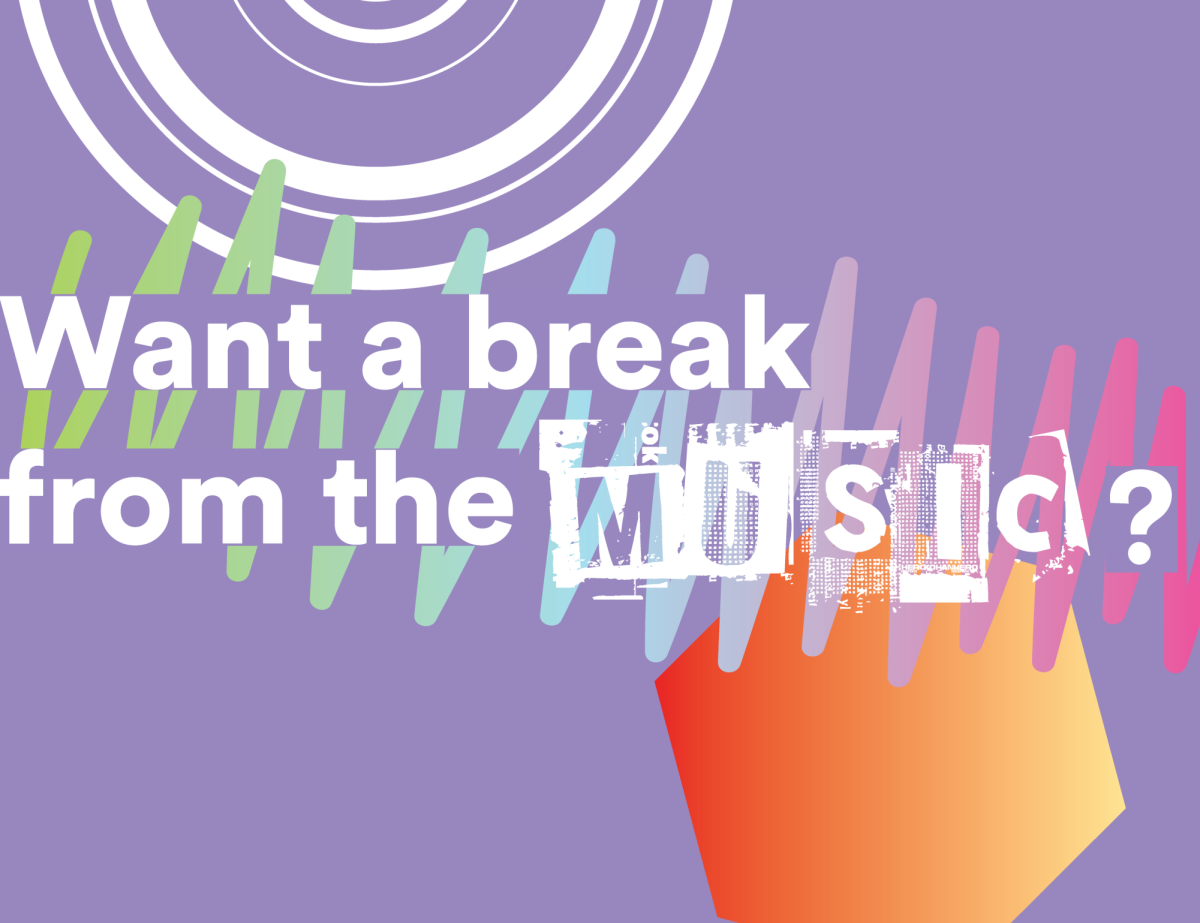




Willy B • Nov 4, 2024 at 10:08 am
VOTE NO ON PROP 1
Javier Feo-Fernandez • Nov 4, 2024 at 1:59 pm
Hello Will! I am very happy to see you’re voicing your opinion on Proposition 1 considering how profound it is for elections in Idaho. My intention for this article was to present information on both sides of the issue. I hope that your comment encourages more people to project their voices and go out and vote if they’re able.
John A Stegmaier • Nov 1, 2024 at 11:36 am The Timberline Paw Print Pick
Well researched and well-written. Really helps to clarify this issue
Murphy • Oct 31, 2024 at 11:58 am
amazing story javi great work!